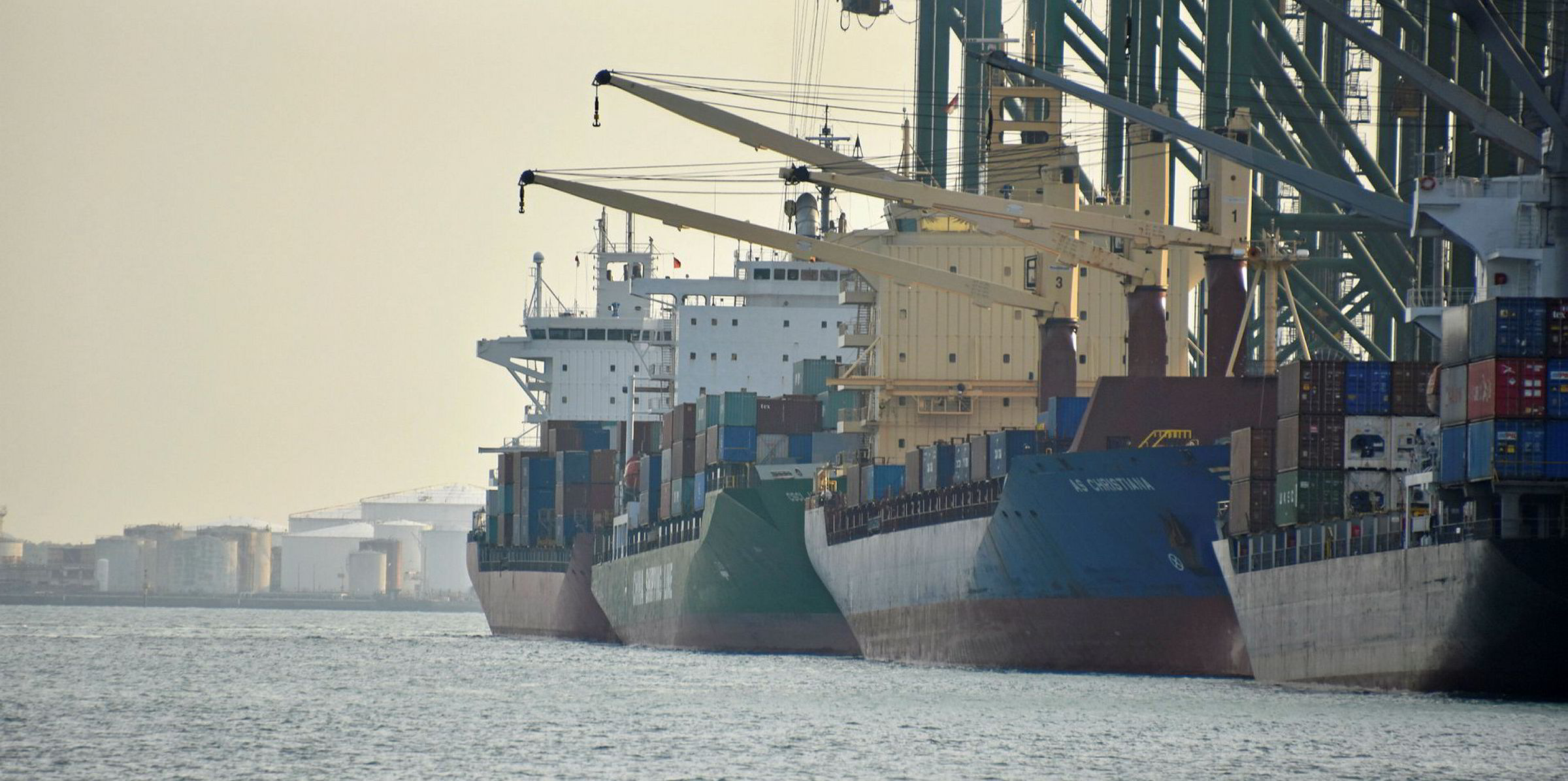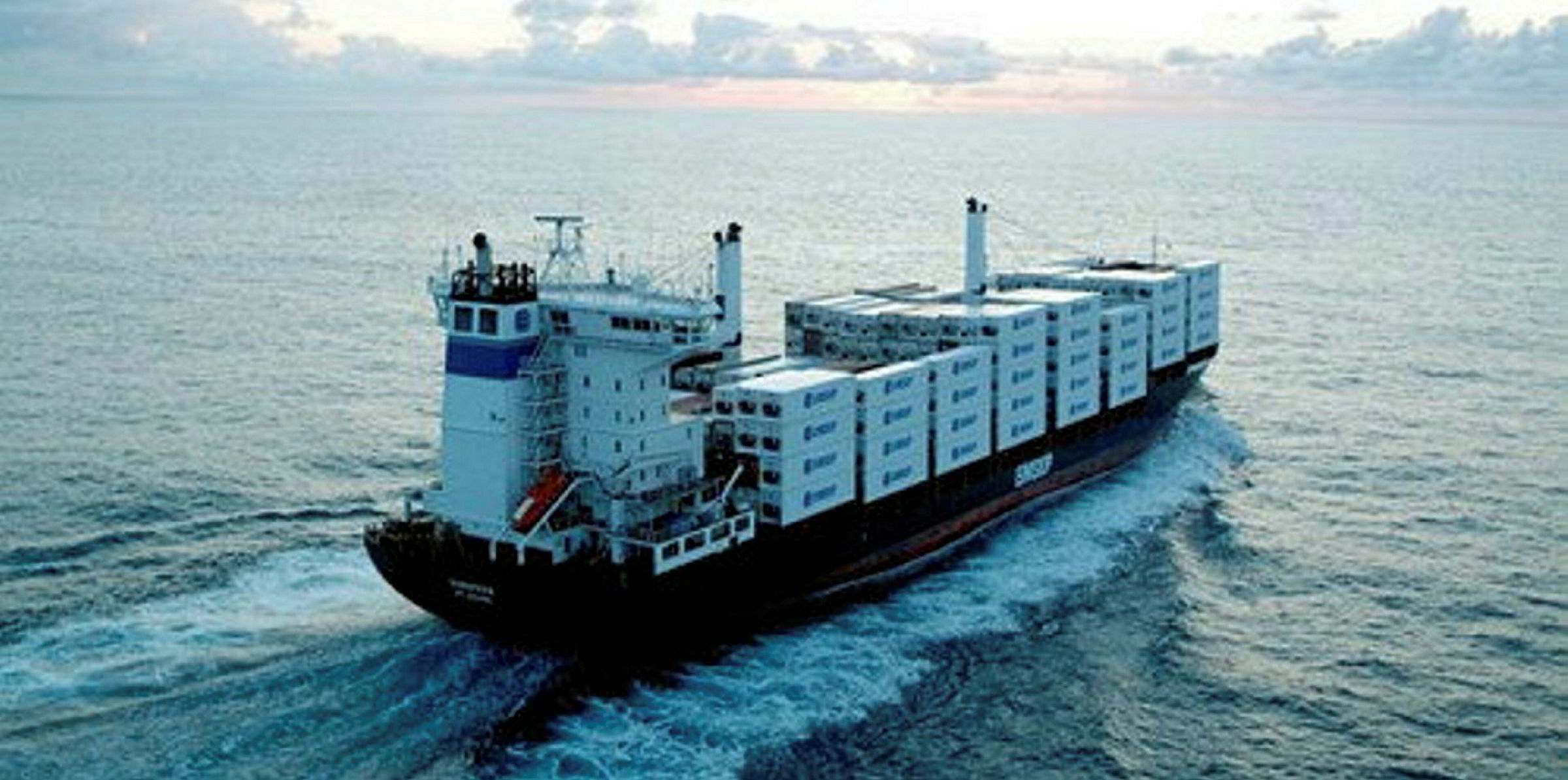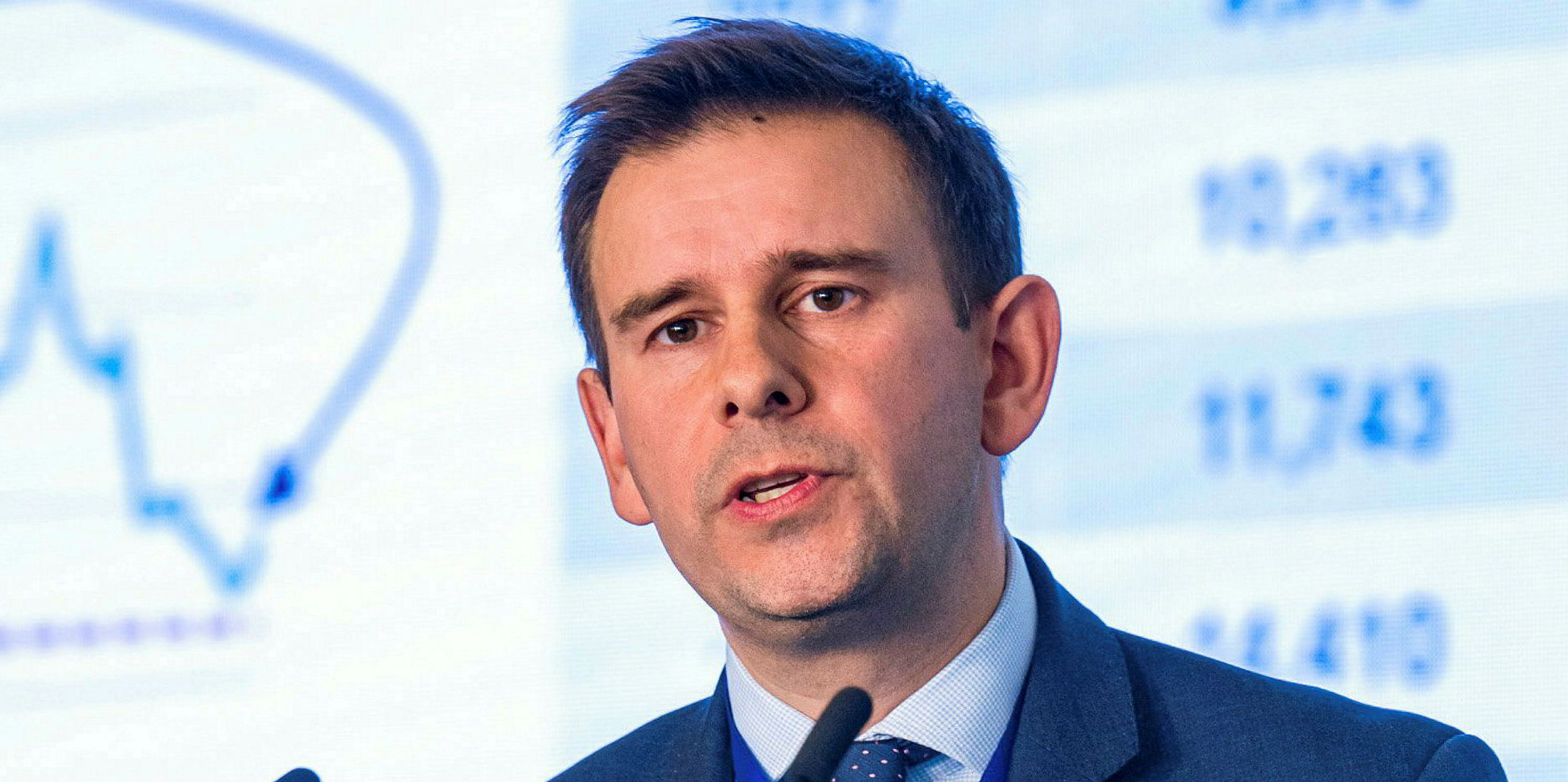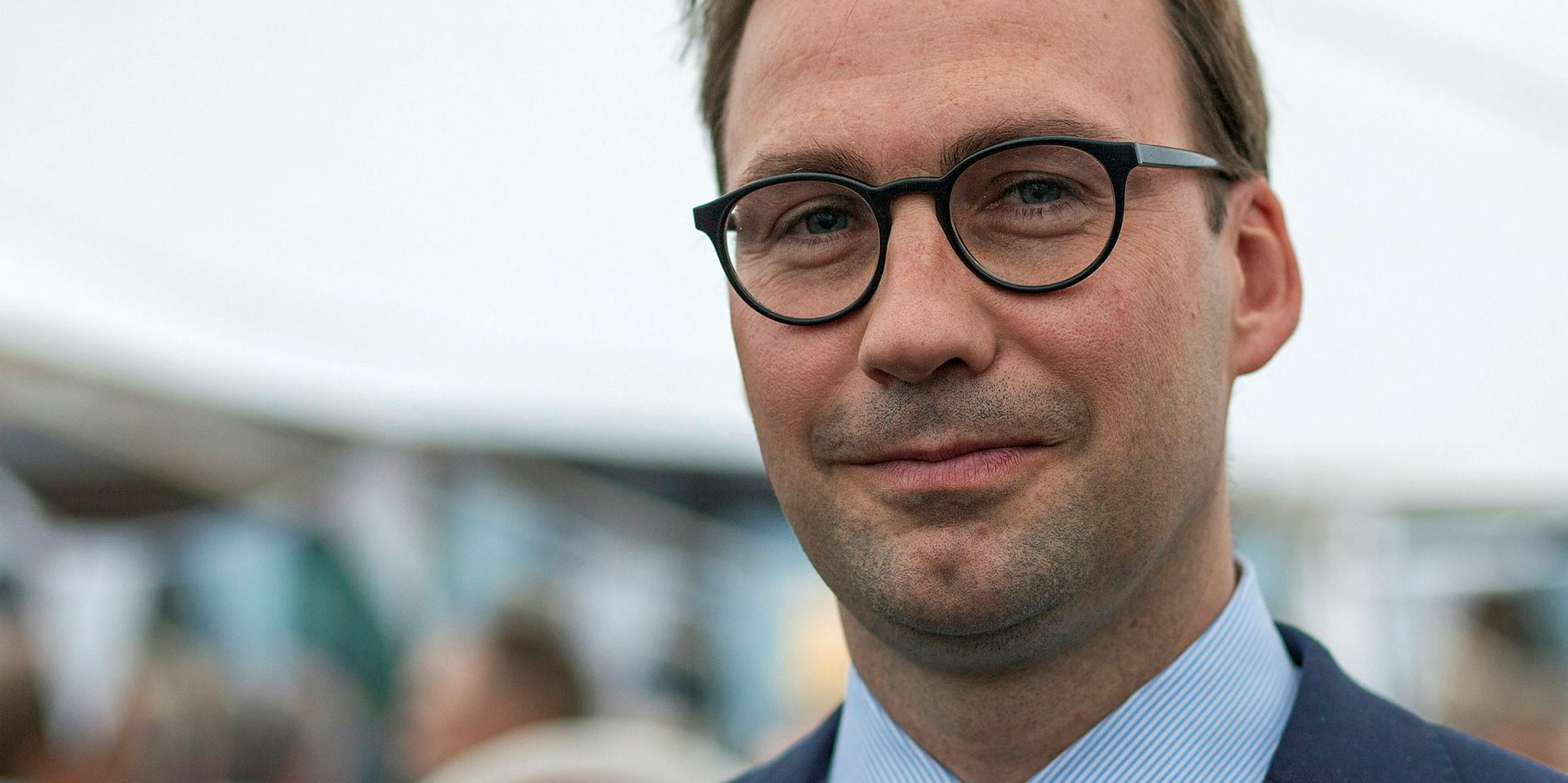Germany's MPC Container Ships (MPCC) is ready to take advantage of a recovery in the feeder sector once the coronavirus crisis plays itself out.
The Oslo-listed shipowner said in its annual report on Tuesday that containerised seaborne trade is expected to grow by 1.6% this year, even taking into account disruption caused by the pandemic.
It admitted there will be near-term pressure on shipping logistics and transportation, but added that feeder container market fundamentals remain intact and "should provide for attractive opportunities going forward".
The company has put a cash buffer in place by selling two 1,024-teu vessels, AS Leona and AS Lauretta (both built 2008), last month for $6.5m each to an Asian operator, beating analysts' price valuations by $400,000 per vessel.
And MPCC also banked NOK 125m ($13.5m) from an equity offering.
"Further, the additional liquidity shall provide the company with flexibility to take advantage of market opportunities once the markets return to normality," the company said.
MPCC pointed to its low cash break-even, prudent leverage profile and stringent capital allocation as more reasons to be optimistic.
Supply growth limited
The company said that, on the supply side, scrubber retrofitting will mean a net increase in the world fleet of only 1.2% in 2020.
A total of 92 vessels with 704,000 teu capacity are currently in dry dock for installation of the exhaust gas cleaning technology. Of these, 13 ships totalling 27,500 teu are feeder vessels, it added.
"As Covid-19 is significantly reducing yard and dock activity, retrofit projects are already delayed," the company said.
"Moreover, while 312,000 teu of new feeder tonnage (representing 72% of the total feeder order book) is scheduled for delivery in 2020, no new feeder orders have been recorded thus far in 2020 and analysts expect the feeder order book-to-fleet ratio to decrease to 6% until 2024."
Tough start to the year
Reduced Chinese production and port activities in the beginning of February had significant effects on operations worldwide.
MPCC said trade was strongly impacted as operators announced void sailings or kept on sailing with only 10% of cargo loaded.
In the first two months of 2020, 334 fixtures were concluded by vessels across all size categories, which was notably below the comparable figure during the same period in 2019.
Reduced port and yard activity also posed risks to technical operations with potential delays in the delivery of spare-parts and effects on outstanding class surveys; one consequence being that class renewals are expected to require more lead time due to limited yard availability and personnel, MPCC said.
"Further, crew-related risks such as crew changes and follow-up effects on physical and psychological health are keeping operators busy," the shipowner added.
"How severe long-term implications of Covid-19 may affect the global economy and the shipping industry in particular will depend crucially on how fast and extensive the virus will spread among major industrialised economies."
Capacity fixed
The group had concluded 36 fixtures among its fleet of 66 vessels by mid-March, with an average duration period of 4.9 months, securing continuous employment of the vessels.
"The fixtures were made on time charter rates with sufficient margin to the average opex per day," MPCC said. Time charter rates have been falling, however.
But with the recent pick-up of Chinese port and yard activities, there are encouraging data points for the container shipping industry, the owner said.
Production is returning to normal, chartering activity has improved and port calls have already reached 2019 levels.
As the virus hits Europe, the said "implications of the European lockdown are highly uncertain and in need of cautious monitoring as the risk of a severe recession remains".
Current base case scenarios indicate the second quarter as a turning point in recorded new cases.
"Once container logistics return to normal, economic activity will rebound and resume its growth trajectory," the shipowner added.
Clarksons Research said on Monday there were deepening concerns for the sector as the outbreak spread, creating "wide-ranging operational disruption and a major demand shock".
It added that economic projections suggests that GDP growth will fall to around 1% in 2020, against an initial forecast of 3.3%.





